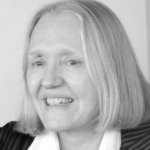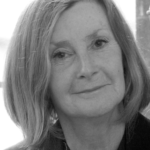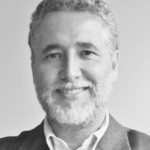The number of citizens’ collectivities in Europe is rising exponentially. This trend is visible in other parts of the world too. Citizens are making themselves heard through what is often referred to as “commons” . They are taking matters into their own hands and organizing themselves in sectors such as health care, infrastructure and energy. A growing number of collectivities means a growing demand for knowledge and know-how, but also an exchange between theory and practice. How do you organize the governance for a collectivity in a sustainable way? What are the rules of the game that can best be agreed between parties? And how should governments respond and participate?
Between 10 and 14 July, academics and experts from the professional practice will be gathering in Utrecht at the XVI Biennial IASC-Conference: ‘Practicing the Commons’. This will be the largest international commons meeting ever, with 570 presentations from over 65 countries, delivered by academics, people from practice, and policy makers.
According to Tine De Moor (Professor of Social and Economic History at Utrecht University), the driving force behind the conference, the commons are booming, both within science as in society. ‘This is due to such issues as the increasing privatization and retreating government. People come together to seek solutions to this.’ The conference brings together practitioners, academics and other stakeholders, such as the government. De Moor sees governments wrestling with the question of how to deal with the burgeoning number of citizens’ collectivities properly. ‘It requires an entirely new way of thinking for governments. But this is crucial to the future of citizens’ collectivities. And citizens’ collectivities in turn are crucial to the future of our society.’
Keynote speakers
The conference will be opened by the Dutch Minister of Education, Culture and Science, Jet Bussemaker. The keynote speakers are:
 |  |  |
Practitioners’ labs
Practical experiences will be shared in fourteen Practitioners’ Labs. During these sessions, it will become immediately apparent how citizens’ collectivities function, which issues practitioners are facing and what science has to contribute. The labs will address such issues as:
- The role collective action games can play, not only to measure propensity for collective action, but also to improve management of the commons (based on initial applications of collective action games for water management in Colombia and India).
- How can local governments incorporate the active involvement of the city inhabitants in the definition and management of public resources such as cultural spaces, city budgeting or administrative structures? How to deal with initiatives that conflict with other governmental core responsibilities, such as equality before the law? In several labs practitioners and experts from cities all over Europe will discuss these issues.
- In Kenya 20% of the 13.5 million farmers are currently organized in a producer cooperative. How can cooperatives play a role to meet future food demands, with an expected world population of 9 billion people in 2050?
For all info on the conference, visit the conference website at https://www.2017.iasc-commons.org.
For press accreditation or interview requests, please contact press officer Eva Vriens, +31 (0)6 109 736 36, iasc2017_press@uu.nl
